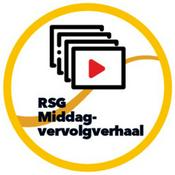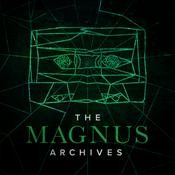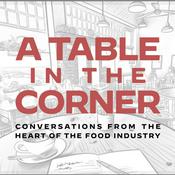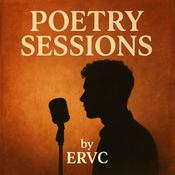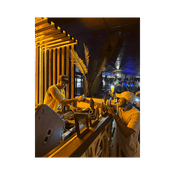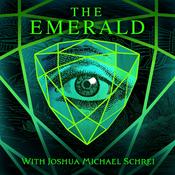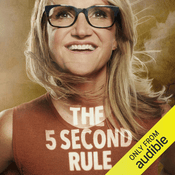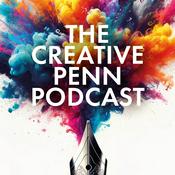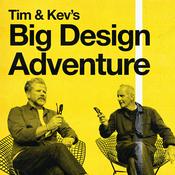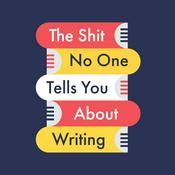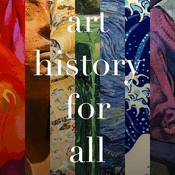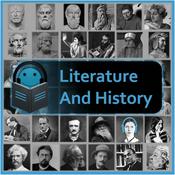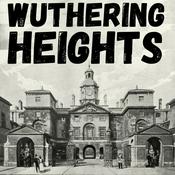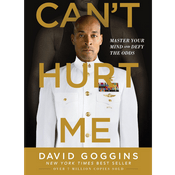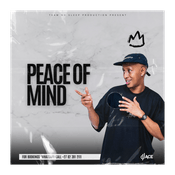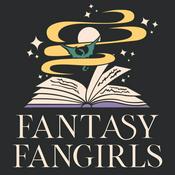237 episodes
- https://notesonfilm1.com/2025/12/31/thinking-aloud-about-film-last-days-gus-van-sant-2005/
Richard and I went to see the Royal Opera’s production of Oliver Leith’s and Matt Copson’s LAST DAYS, directed by Copson and Anna Morrissey, with superb set designs by Grace Smart. It’s inspired by Gus Van Sant’s 2005 film and so were inspired to podcast on it. The film is part of what’s been called Van Sant’s 'Death Trilogy' (alongside GERRY (2002) and ELEPHANT (2003)).
In the podcast we discuss how, in spite of it being a ‘slow’ film, time flew by; how we were hypnotized by images and entranced by the originality of its story-telling. It made those last days intelligible. The film seems to run entirely on mood -- loneliness, frailty, vulnerability, alienation in a cold climate. A fluid dexterity of original story-telling and tone. Blaine is the source of money, power, creativity ... but no one is looking after him.
In the podcast we discuss how we don’t see Blake’s full face until close to the end, though re-visiting the film proves this to be inaccurate. It’s nonetheless interesting that this is a dominant impression. It’s a film where interiority is expressed through externals. We also discuss the film in relation to Bella Tarr’s Sátántango and to Grey Gardens (1975).
We discuss how LAST DAYS is about a young man, outwardly rich and successful but feeling he’s got nothing to live for and with no one – even those physically in the room with him -- to help him break through his isolation and alienation. A great film, propulsed by mood. José Arroyo in Conversation With Glyn Davis on Rebel Without A Cause (Nicholas Ray, 1955)
2025/12/06 | 50 mins.https://notesonfilm1.com/2025/12/06/jose-arroyo-in-conversation-with-glyn-davis-on-rebel-without-a-cause-nicholas-ray-1955/
A treat to talk to the marvellous Glyn Davis on his handsome new book, the ‘BFI Classic’ on Rebel Without a Cause (Nicholas Ray, 1955). In the podcast we discuss how we were both surprised that the film hadn’t yet been covered in the series and why the book is the fulfilment of a long-standing wish of his. We discuss how the film established an iconic template for adolescent dissent and how James Dean became the embodiment of youthful American dissatisfaction and rebellion; Glyn compares Rebel to other films of the period such as The Wild One (Lázló Benedek, 1953) and Blackboard Jungle (Richard Brooks, 1955). We discuss the pros and cons of auteurist approaches; Glyn’s findings in the LA Archives, Ray’s concerns of filling the CinemaScope frame; his uses of colour (the film was originally designed for black and white); the film’s unusual structure, how the film became a template for the teen film that extends to television (Dawson’s Creek was named after the High School in Rebel); how Dean’s extraordinary performance helped popularise and disseminate ‘The Method’, how the figure of Plato has become central to subsequent queer cultures; and how Natalie Wood is often marginalised in discussions of the film. Glyn generously praises previous work on Ray and the film, particularly Bernard Eisenschitz’ monumental Nicholas Ray: An American Journey and the extraordinarily detailed Live Fast, Die Young: The Wild Ride of Making Rebel Without A Cause by Lawrence Frascella and Al Weisel. A generous and articulate conversation on a book worth reading and discussing
José Arroyo- I wanted to talk to James Cullen on Even Cowgirls Get the Blues because of his untrammelled love for the film, his enthusiasm, and the wide array of references he brings to this very intelligent appreciation of the film. James sees the film as, 'Against all the heteronormative expectations we have from cinema as a medium
None of these A24 Neon filmmakers could make anything like this. There’s an audience for this film, it’s going to come from somewhere, sometime; and I want to be art of that audience' And I want to be in the audience listening to James speak about it. Arroyo in Conversation with James McEvoy on Film Programmig at Warwick Arts Centre
2025/10/20 | 44 mins.What does a Film Programmer do? I talk to James McEvoy to find out what programming the Warwick Arts Centre cinema, a three screens-cinema, based on a university campus but also serving a local and regional audience, involves. Who is the audience and how to build new ones is part of the conversation. We touch on Flatpack, the MAC, the Mockingbird, Square-Eye TV, Lock Studios, Steven Knight, the Forward Film Festival. James tells me about licenses and knowing who holds the rights to a film, which is sometimes confusing while underlining he is uninterested in gate-keeping, actively seeking collaborations and stressing the importance of getting the word out
We spend a considerable time discussing the exciting new programme: there will be live opera and theatre projections; BFI funded seasons; the opportunity of seeing films financed by Netflix on a big screen. Programmes to look out for are the Silent Cinema screenings with live accompaniment, the melodrama season, Richard Dyer speaking on Brief Encounter, and more.
Each year there’s an over-arching theme across the whole of the Arts Centre. This year the focus is on care. The film programme component is called is ‘Handle with Car,’ with a substrand on Cozy Classics, which will involve screening a classic film once a month. There will be tea and biscuits – feel free to BYOB (Blanket not Booze) -- an opportunity for people to get together and see things on a big screen. The Arts Centre will also be bringing its 35mm projector back into action for November screening of Cinema Paradiso. Part of another strand of the Care programme is ‘Care Behind the Scenes,’ co-programmed with Dr. Alice Pember and Dr. Julie Lobalzo-Wright, which will also have workshops as well as screenings (e.g. intimacy co-ordination’).
The Programme will include Accessible and Inclusive screenings as well as Audio-Description (for first time at the Art Centre) and there will be some workshops attached to this strand as well.
James stresses that the programming also takes on board an exploration of the local and the national with focus on independent and locally made cinema and with filmmakers holding Q&A’s when possible.
It all looks very exciting.
Check out the programme here:
https://www.warwickartscentre.co.uk/whats-on/cinema/
José Arroyo- The MASKS AND MUSIC: THE FILMS OF WILLI FORST strand of last year’s Il Cinema Ritrovato, curated by Lukas Foerster, was so popular that I was unable to see any of them. Richard is more organised and came out raving about two: MASQUERADE/ MASKERADE (1934) and TOMFOOLERY/ ALLOTRIA, (1936). Luckily for us The Internet Archive has a very good copy of Maskerade which enabled us to see it (or in Richard’s case, to see it again). In the podcast below we talk about the film in relation to the Wiener Genre, Authorship, Anton Walbrook’s career (he is here billed as Adolf Walbrook), the difficulties of dealing with works from authoritarian regimes, how it was the most popular film of its year in the German-speaking world. More specifically we discuss the rhythms of the opening scene, Anton Walbrook’s introduction, the narrative invention of the narration of the publication of the muff drawiing, the mise-en-scéne, the influence of vaudeville and the film’s intent on pleasing. We relate the film to Lubitsch’s work and comment on how a particular shot of a camera seeming to float through a window might have influenced Minnelli (in Meet Me in St. Louis) and, according to Mark Fuller, Powell & Pressburger (The Life and Death of Colonel Blimp). All this and much more may be listened to in the podcast below:
More Arts podcasts
Trending Arts podcasts
About First Impressions: Thinking Aloud About Film
Podcast by Jose Arroyo & Richard Layne
Podcast websiteListen to First Impressions: Thinking Aloud About Film, Middagvervolgverhaal and many other podcasts from around the world with the radio.net app
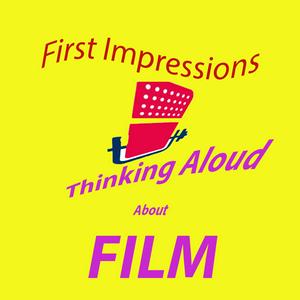
Get the free radio.net app
- Stations and podcasts to bookmark
- Stream via Wi-Fi or Bluetooth
- Supports Carplay & Android Auto
- Many other app features
Get the free radio.net app
- Stations and podcasts to bookmark
- Stream via Wi-Fi or Bluetooth
- Supports Carplay & Android Auto
- Many other app features


First Impressions: Thinking Aloud About Film
Scan code,
download the app,
start listening.
download the app,
start listening.


